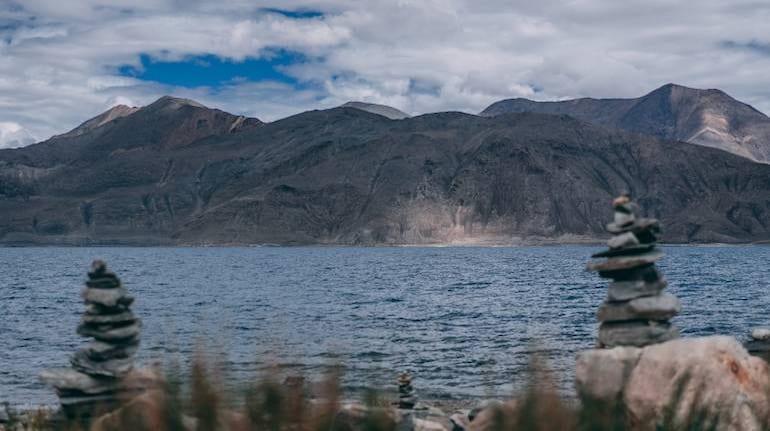
An Indian Army officer and two jawans were killed in action in a ‘violent face-off’ with Chinese troops on June 15 during the de-escalation process in Ladakh's Galwan Valley.
Senior military officials from India and China are trying to defuse the situation.
Beijing has accused India of crossing the border and 'attacking Chinese personnel', news agency AFP has reported.
“During the de-escalation process underway in the Galwan Valley, a violent face-off took place yesterday night with casualties. The loss of lives on the Indian side includes an officer and two soldiers. Senior military officials of the two sides are currently meeting at the venue to defuse the situation,” an official statement says.The incident is being seen as the first border clash with China since 1975.
Reuters has reported that the Chinese foreign ministry, when asked about Indian Army reporting casualties in clash with China, called on India to not take unilateral actions or stir up trouble.
This comes amid escalating tension between the two sides. The situation in eastern Ladakh deteriorated after around 250 Chinese and Indian soldiers engaged in a violent face-off on the evening of May 5 that extended into the next day before the two sides agreed to "disengage" following a meeting at the level of local commanders. Over 100 Indian and Chinese soldiers were injured in the violence.
The incident in Pangong Tso was followed by a similar incident in North Sikkim on May 9.
Earlier in May, local commanders of both the sides held at least five meetings during which the Indian side took strong note of the People's Liberation Army (PLA) erecting large numbers of tents in areas in the Galwan Valley which India felt belonged to its side of the LAC.
Indian Army Chief General MM Naravane had paid a quiet visit to the headquarters of 14 Corps in Leh on May 22 and reviewed with the top commanders the overall security scenario in the region including in the disputed areas along the Line of Actual Control (LAC) — the de-facto border between the two countries.
On May 26, President Xi Jinping ordered the Chinese military to scale up the battle preparedness, visualising the worst-case scenarios and asked them to resolutely defend the country's sovereignty. It was unclear if the comments were linked to the rising tensions between India and China.In a surprise move, Trump on May 27 offered to "mediate or arbitrate" the raging border dispute between India and China, saying he was "ready, willing and able" to ease the tensions, amid the continuing standoff between the armies of the two Asian giants.
However, on May 29, China rejected US President Donald Trump's offer to mediate between India and China to end their current border standoff.
No comments:
Post a Comment